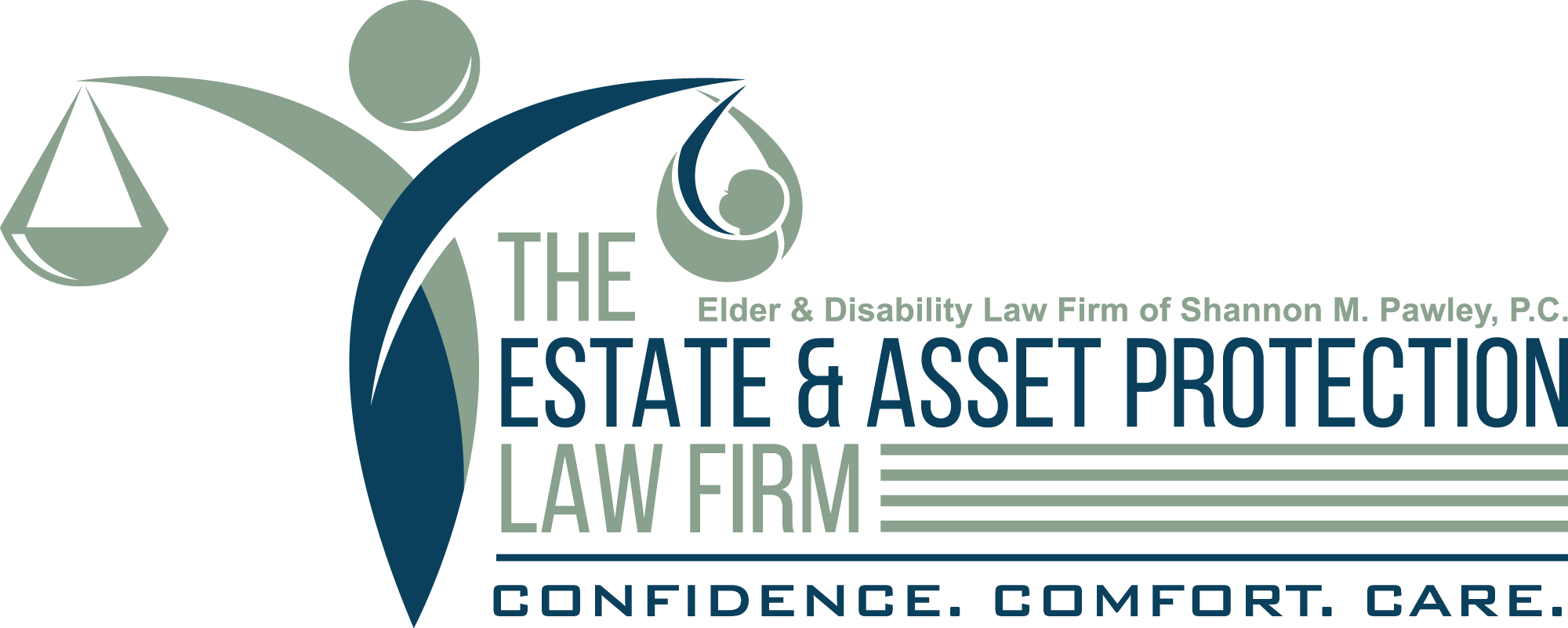A Trust and Asset Protection: What Happens If Assets Are Transferred into a Trust to Avoid Creditors

When It Comes to a Trust and Asset Protection – How Does This All Work?
Have you been wondering if you need to be thinking about a trust and asset protection?
Imagine this scenario: You have somehow gotten into serious financial trouble. Creditors are calling on a regular basis and you decide that you’ll get them off your back by filing for bankruptcy. Before you do, you decide to go to an attorney to create an asset protection plan. You’re setting up an irrevocable trust.
You “accidentally” fail to tell the attorney that you are going to file for bankruptcy. You put your assets into the trust, naming a family member as the beneficiary. Then, after avoiding creditors for several more months, you file for bankruptcy. You feel good thinking you have managed to avoid your creditors and keep your assets. You think creditors can’t touch your trust.
You’re feeling pleased and satisfied with yourself. And you might be sailing along nicely for a while. But that sense of having gotten away with pulling the wool over someone’s eyes will not last for long.
Integrating a Trust and Asset Protection to Avoid Creditors Is An Unworkable Tactic
Most people don’t do what I’ve just described above. But some people attempt it. Those who try this route often find the court can render an irrevocable trust invalid if intent to defraud can be proved. Those who attempt this tactic think that proving fraud may be difficult. However, it really isn’t. Creditors are not so easily fooled.
Don’t Even Think About Setting Up A Trust With Intent To Defraud
If you transfer your assets into a trust prior to filing bankruptcy, a bankruptcy trustee appointed to your case will first look at your type of trust. Next, they’ll look to see if the transfer made was fraudulent.
If you have a revocable trust, in essence, you still have control over an asset.
Thus, you can simply place the asset back into your personal name. Therefore, a trustee can step into your shoes and accomplish the same task. Thus, a revocable trust will be of no value to you to protect your asset in a bankruptcy context.
Have an irrevocable trust you created prior to filing for bankruptcy?
If so, a bankruptcy trustee will look to see if the transfer you made was fraudulent. They’ll determine this based on state law and the bankruptcy code and whether you did this to avoid paying creditors. In general, if you gave away your assets and received no value in return, this may be legally considered a fraudulent transfer.
Under Georgia’s Uniform Voidable Transactions Act (the Act), a property transfer that a debtor makes with the intent to defraud, delay, or hinder a creditor may be deemed a fraudulent conveyance.
The property transferred may be any of a debtor’s assets and include anything that is subject to ownership. The repercussions for actual and constructive fraud are the same. The transferee can be sued by a creditor or bankruptcy trustee. If fraud is proven, the court can render the transfer void. Furthermore, it can order a return of the transferred money or property. The court can also enter a money judgment against the transferee equal to the value of the asset transferred.
Keep in mind that a court is within its power to find a transfer of assets to a trust to be fraudulent if done with the intent to defraud creditors. Not only could such a finding expose the trust assets to liability, but also it could mean heavy legal penalties for the trustor.
Establish An Estate And Asset Protection Plan As A Proactive Measure
There is nothing wrong with filing bankruptcy when no other course is available. But there is something wrong with trying to hide assets in a trust to avoid paying creditors.
There are several good reasons to consider a revocable living trust and/or an irrevocable trust for your estate plan. For example, you might do so to avoid probate. However, doing so as a reactive strategy when you are in dire financial straits to hide assets from creditors is not one of them. No one knows what the future holds. Yet, being prepared for worst case scenarios such as untimely death, debilitating illness, and frivolous lawsuits through an estate and asset protection plan is always a good idea. Give my office a call at 404-370-0696.
Looking to find an experienced estate lawyer in the Georgia area who is skilled in asset protection and estate plan preparation? Shannon Pawley is an attorney in Georgia with expertise in estate planning and asset protection. Shannon can provide assistance with creating an estate plan to include making a will and how to establish a trust properly. If you have questions about asset protection or questions about making an estate plan, reach out to Shannon and she will be glad to help answer all the estate planning questions you might have!







